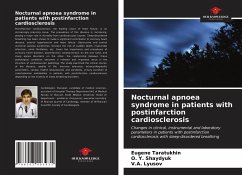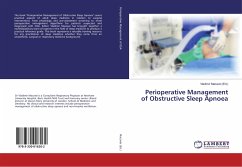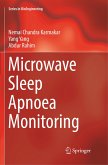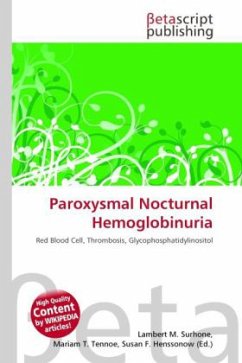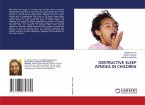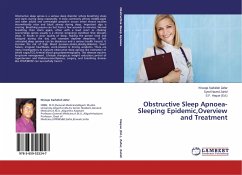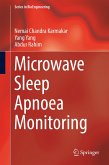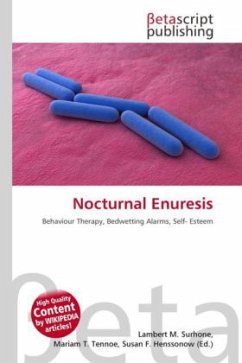Postinfarction cardiosclerosis, the leading cause of heart failure, is an increasingly pressing issue. The prevalence of this disease is increasing, playing a major role in mortality from cardiovascular causes. Sleep-disordered breathing has been shown to make a significant contribution to coronary heart disease, arterial hypertension and heart failure. Obstructive and central nocturnal apnoea syndromes increase the risk of sudden death, myocardial infarction, atrial fibrillation, etc. Given the importance and prevalence of coronary heart disease, postinfarction cardiosclerosis on the one hand, and sleep apnea disorders on the other, the relationship between these pathological conditions becomes a relevant and important issue in the structure of cardiovascular pathology. The study examined the clinical course of the disease, quality of life, exercise tolerance, echocardiographic parameters, cardiac rhythm disturbances and variability, urinary excretion of catecholamine metabolites in patients with postinfarction cardiosclerosis depending on the severity of sleep breathing disorders.
Bitte wählen Sie Ihr Anliegen aus.
Rechnungen
Retourenschein anfordern
Bestellstatus
Storno

